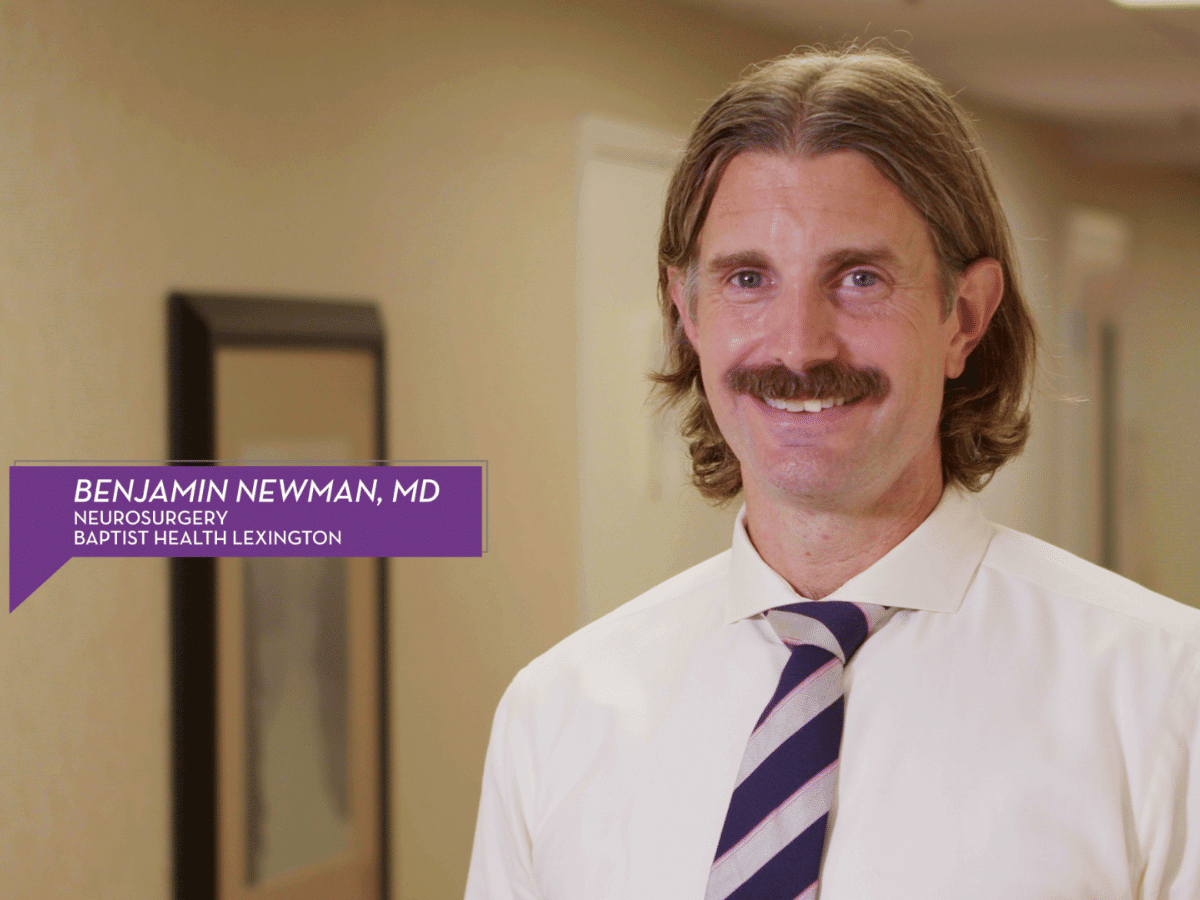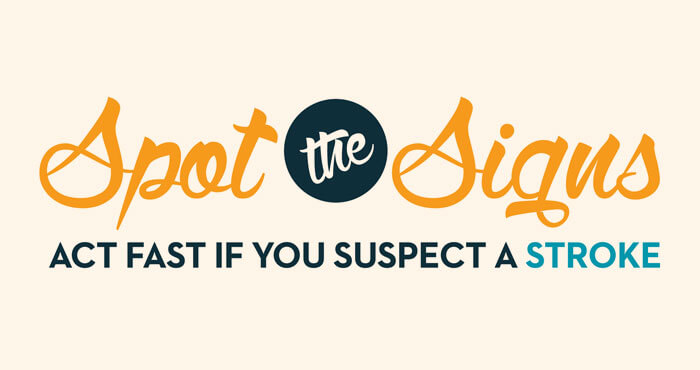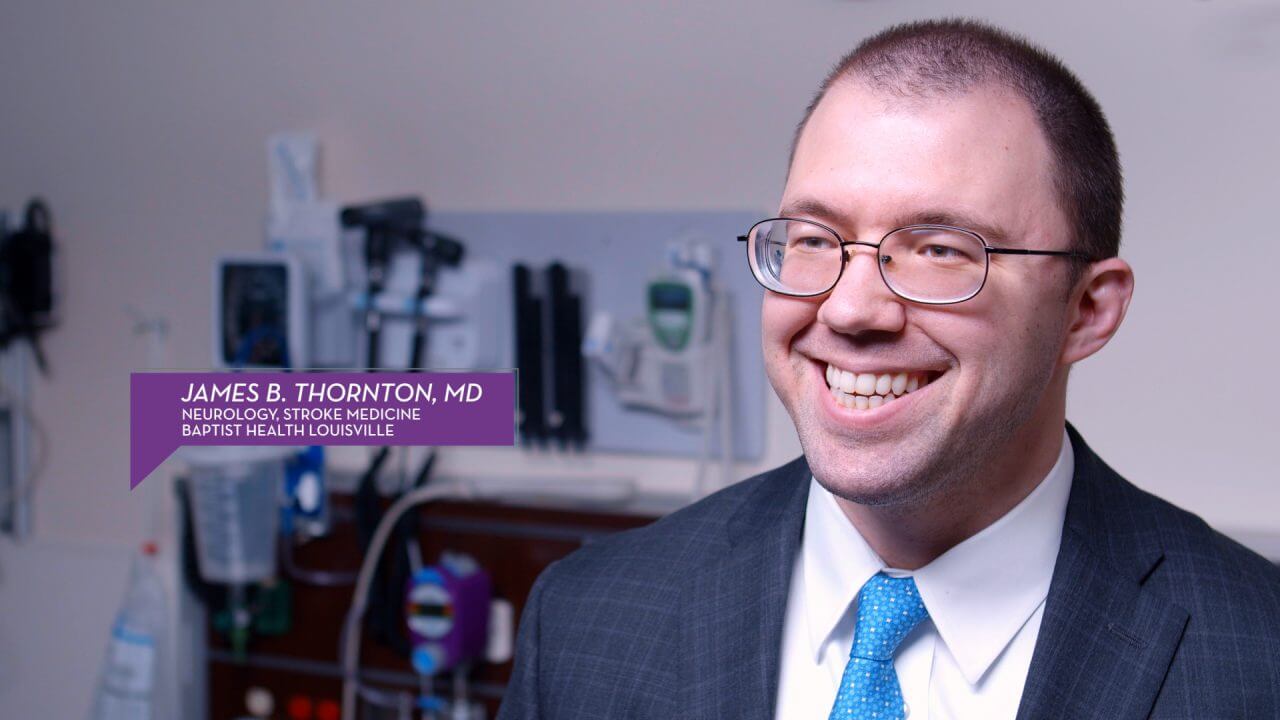How Long Does a Stroke Last?

A stroke is a condition in which the blood supply to part of the brain is interrupted. In what’s called an ischemic stroke, a blood clot blocks a blood vessel in the brain. In a hemorrhagic stroke, a blood vessel in the brain bursts and blood leaks into the brain.
Because the cause of a stroke and the amount of damage it causes in the brain vary widely, there’s no “typical” duration of a stroke. Some strokes last for a few minutes while others continue for hours or even days.
One time-related fact that’s known about strokes is that the faster you get treatment, the better your outcome is likely to be.
Don’t Leave Your Health to Chance
Strokes are the leading cause of serious, long-term disability in the United States. Take our free stroke risk assessment to estimate your personal risk of having a stroke, and identify your stroke risk factors and how to improve them. Get started today.
Stroke Symptoms
Stroke symptoms vary depending on the part of the brain affected, and can include:
- Severe headache that comes on suddenly
- Sudden weakness
- Confusion
- Dizziness
- Paralysis or numbness of the face, arm, or leg, typically just on one side of the body
- Difficulty speaking or understanding speech
- Trouble walking
- Vision problems in one or both eyes
- Trouble breathing
If you experience these symptoms or see them in someone else, it’s important to seek medical attention immediately. Every minute that blood flow to a part of the brain is interrupted, millions of brain cells die.
You should call 911 and tell the dispatcher that you think you’re having a stroke. That makes it clear that you need an ambulance at your location as quickly as one can reach you.
And because there’s no way to know what parts of your body may be affected as the stroke progresses, you should not attempt to drive yourself to the hospital. It may be hard to wait for help to arrive but staying where you are is the fastest and safest way to get assistance.
Transient Ischemic Attacks or Mini-Strokes
Transient ischemic attacks (TIAs) or “mini-strokes” are similar to full-blown strokes and can have the same symptoms. But they tend to last only a few minutes and may not always cause permanent impairments.
However, having a TIA that resolves quickly doesn’t mean you shouldn’t seek prompt medical attention. A mini-stroke can be a warning sign of a more serious stroke to come at some unknown point in the future.
Never Miss a Beat
Get the health news that matters most delivered straight to your inbox. Sign up for our free email newsletter to stay up-to-date on the latest health and wellness news, announcements, and tips from Baptist Health.
Stroke Recovery
Another timeline that stroke patients and their families ask about is how long it takes to recover from a stroke. As with the duration of the event itself, recovery time also varies depending on the area of the brain affected, the amount of damage done by the stroke, and other factors. However, there are some rough time frames for the recovery process.
Initial treatment for a stroke takes place on the day that it occurs. After that, most stroke patients stay in the hospital for approximately a week. During this time, their care team assesses the impact of the stroke and develops a rehabilitation plan. This plan takes into account the different ways a stroke can affect a patient — physically, cognitively, and emotionally.
Often physical and occupational therapy are used to help a patient address impairments caused by the stroke. Therapy sessions typically continue for weeks or months after the patient leaves the hospital. The first three months after a stroke are very important in the recovery process and tend to be when patients see the most improvement. However ongoing improvements can be made with continuing efforts.
Learn More About Strokes from Baptist Health
Strokes are serious events that can cause lasting health problems. Fortunately, there are steps you can take to reduce your stroke risk. And getting prompt medical attention if you suffer a stroke can help minimize the damage to your brain.
Learn more about strokes on the Baptist Health website.
Next Steps and Useful Resources:
Find a Provider Near You
Take a Free Stroke Risk Assessment
Life After Stroke: What to Expect During Recovery & Rehab
Spot the Signs of a Stroke



